I Tried The Top Two AI Playlist Generators, And There’s A Clear Winner With Smoother Beats

Contents
After listening to its users clamor for basic features like a shuffle button that actually works or HD audio, Spotify launched AI playlists in April 2024. This feature lets you prompt an AI to draw upon new and familiar songs to create a playlist that fits your prompt. A few months later, YouTube Music followed suit with an identical tool.
Until now, I’ve relied on Spotify’s suggested songs while building a playlist. I’ll usually build a playlist of a few songs, then use its suggestions as jumping-off points for more additions. Theoretically, its AI playlist should perform a similar function but better. So I dived into Spotify’s AI playlists to see if it’s worth checking out. I then took YouTube Music for a spin to see if Ask Music would tear me away from my Spotify subscription.
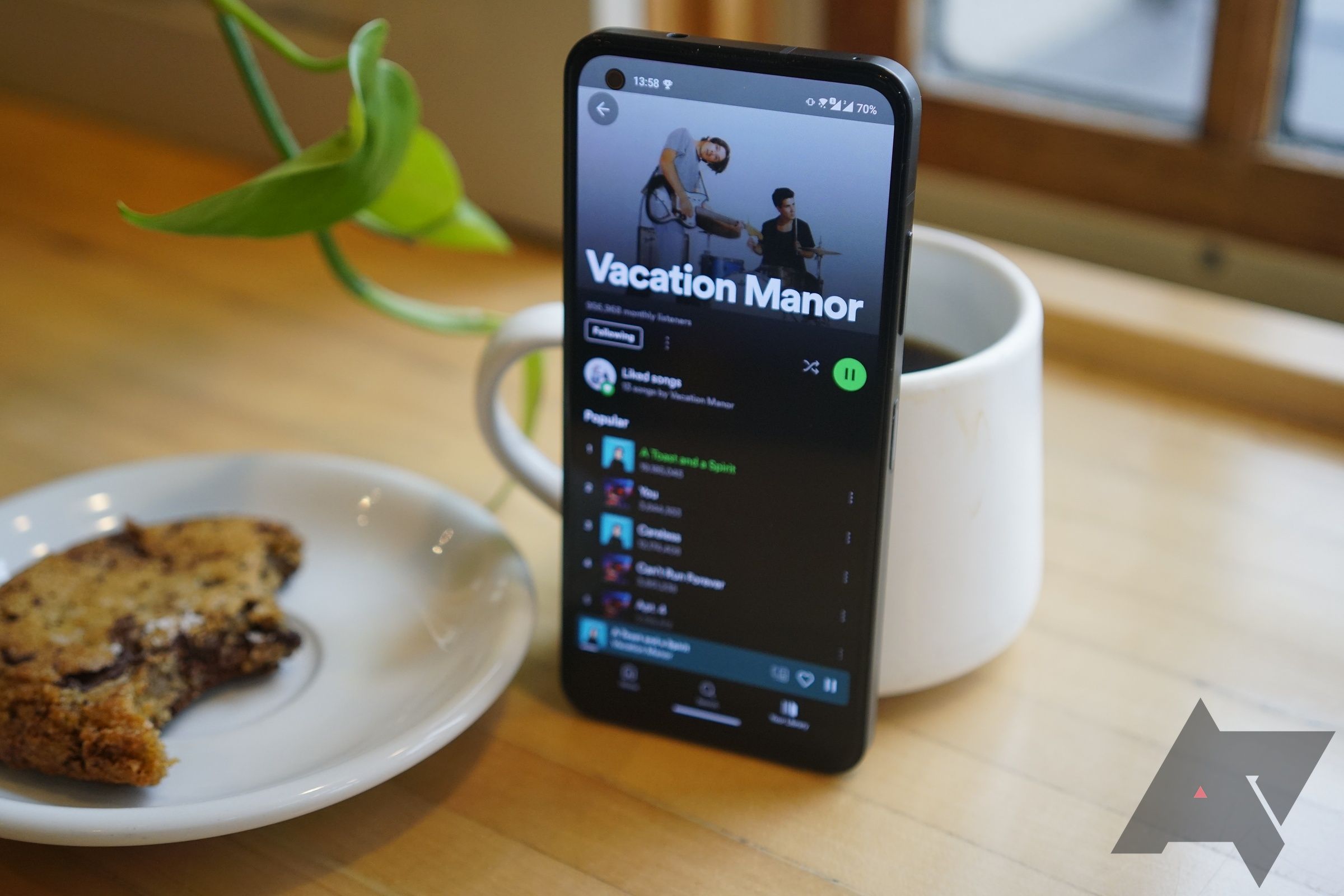
Related
Spotify’s AI Playlists are impressively average
The results met my expectations, but no more
Even the smartest AI can’t create the perfect playlist. While I did have some basic expectations going into this experiment, I was expecting a few duds in every playlist. For my first experiment, I chose one of Spotify’s example prompts, “Create a playlist of songs from my top genre launched last year.”
Spotify’s AI obliged with a mix of songs I already love, unfamiliar songs from familiar artists, a few unknown tracks, and a few irrelevant tracks. I’m not sure why Spotify thought I wanted to listen to Linkin Park or YUNGBLUD, but thankfully, they were easy to remove.
With each suggested track, you can preview it, remove it, or pin it. Pinning a track keeps it around when you tap the ‘Refine this playlist’ button. This button generates a brand new list with a new prompt. So, after purging all the Linkin Park tracks (of which there were five, out of a playlist of 30 songs), I asked Spotify to generate the playlist again, but this time with more metal tracks.
Here’s where things started to break down. Hilariously, Spotify added a track by Rod Stewart and Jools Holland. This funky swing number is certainly a track I love, but not something I would expect in a metal playlist. Similarly, the Bon Jovi and the Rolling Stones tracks were not relevant to the prompt.
For my next experiment, I tried a more abstract prompt. I love baking with friends, but we always disagree on music. Perhaps Spotify could help? I tried the prompt “My most popular saved songs for baking cookies to.” My idea is that the biggest hits in my library are most likely to be enjoyed by my friends. Here are the results:
Pretty good, right? A playlist of bangers from start to finish. What was interesting was when I took out the baking prompt and just asked Spotify to create me “A playlist of my most popular saved songs.” Bizarrely, the result produced more niche songs.
I’m not entirely sure what is going on here. Nevertheless, I can say that Spotify met my expectations. There were all the blips I expected from a generative AI-powered feature, but the results were mostly satisfying. But I think I’ll have to figure out the best prompts before I return.
YouTube Music’s AI is impressively bad
No, I don’t want to listen to Miley Cyrus
Spotify is my default music app, but now and then, I use YouTube Music for a month or two. This means that YouTube Music’s AI has less data to work with, so my expectations were proportionally lower. Nevertheless, it’s efforts were pathetically bad.
I started with the same prompt I used in Spotify: “Create a playlist of songs from my top genre launched last year.” This was the result:
I haven’t heard of any of these songs, and I can’t stand the artists. What’s going on? I tried to refine it further:
This was so impressively wrong that I had to laugh (Where did 2023 come from?). I do not enjoy Ed Sheeran or The Weeknd, and I certainly didn’t play any of their music last year. I tried again, asking it to only include songs from my favourite genre, but it still managed to sneak a Miley Cyrus song in there. I tried to be ultra-specific in my next prompt, ‘Create a playlist of new music from my favorite artists and genres.’ Again, nothing relevant.
Giving up on this prompt, I tried my baking playlist prompt. This time things were much more successful. Both the top two songs are part of my custom baking playlist in Spotify. But why does YouTube Music think I enjoy Miley Cyrus? At this point I think someone might have hacked my Google account.
At this point I relented, and chose a few prompts from YouTube Music’s suggestions. These were noticeably simpler than Spotify’s, covering genre suggestions rather than abstract themes. This resulted in good playlists, but they were so basic in their scope I struggled to see the need for AI here.
YouTube Music also has inferior curation tools. Whereas Spotify’s AI Playlist feature let me rapidly eliminate tracks and refine them, YouTube Music was much more clunky. I also couldn’t pin songs I wanted to keep.
Spotify is the clear winner when it comes to AI playlist creation
Even though the data set for YouTube Music put it at a disadvantage, it still impressed me with its incompetence. It seemed to have no idea of what I enjoy listening to, and its lack of curation tools meant I couldn’t stop Miley Cyrus from appearing in most playlists.
By comparison, Spotify mostly managed to nail what I was looking for. While there were plenty of songs I removed from the results, this was due to personal preference rather than songs that didn’t fit the theme.
So, if you want to create a quick playlist for a party, Spotify’s your friend. Best to leave YouTube Music alone unless you enjoy listening to artists you try your best to avoid. However, it does some things better than Spotify.
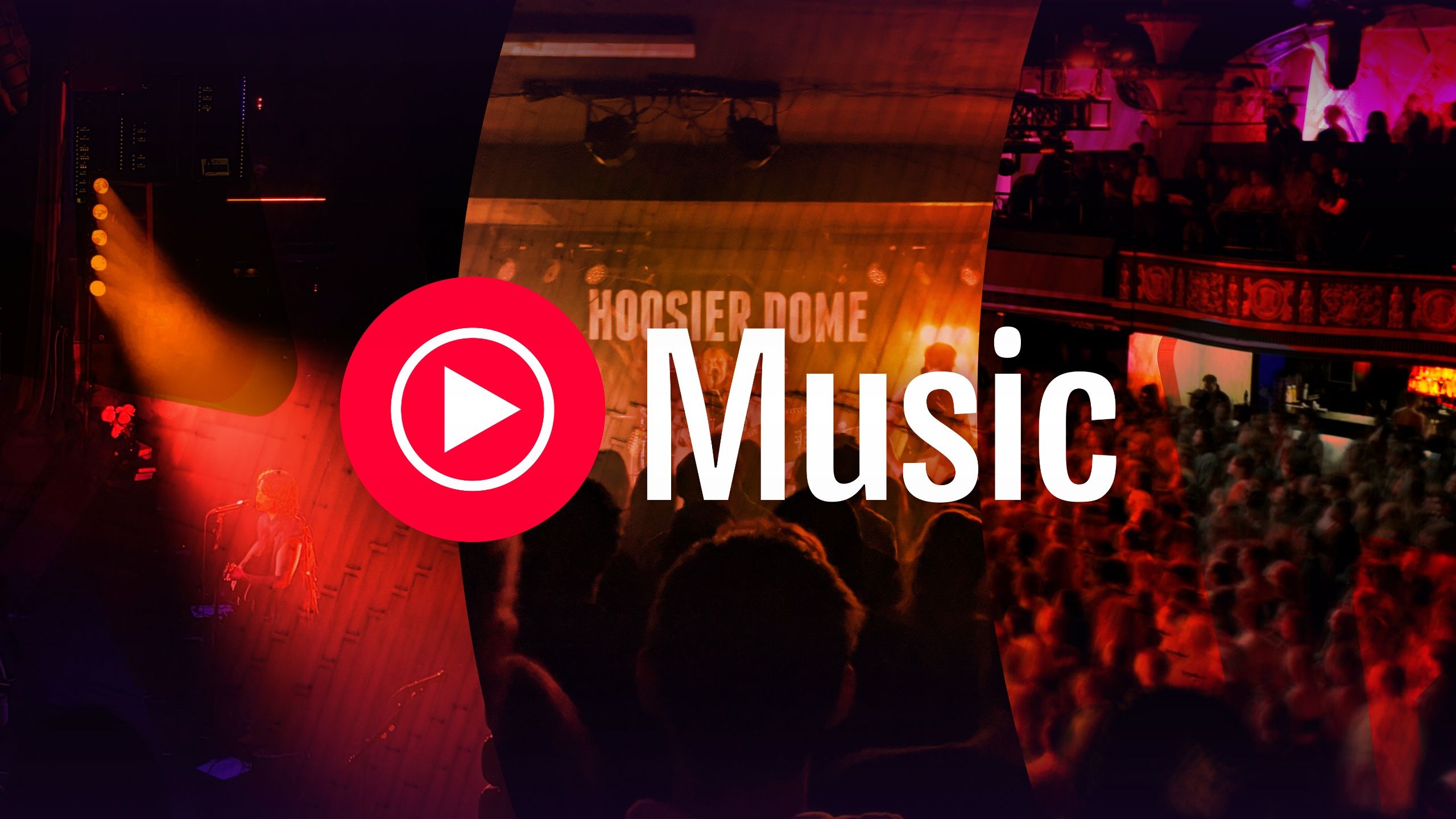
Related
6 things YouTube Music does better than Spotify
YouTube Music is a better choice than you think
What’s your reaction?
Love0
Sad0
Happy0
Sleepy0
Angry0
Dead0
Wink0


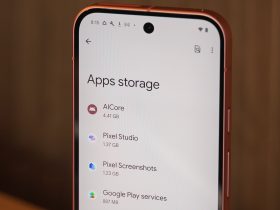
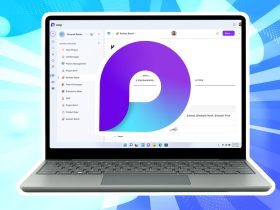



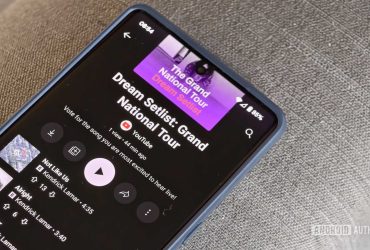

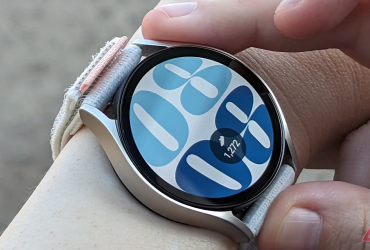
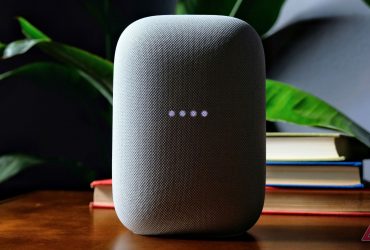
Leave a Reply
View Comments